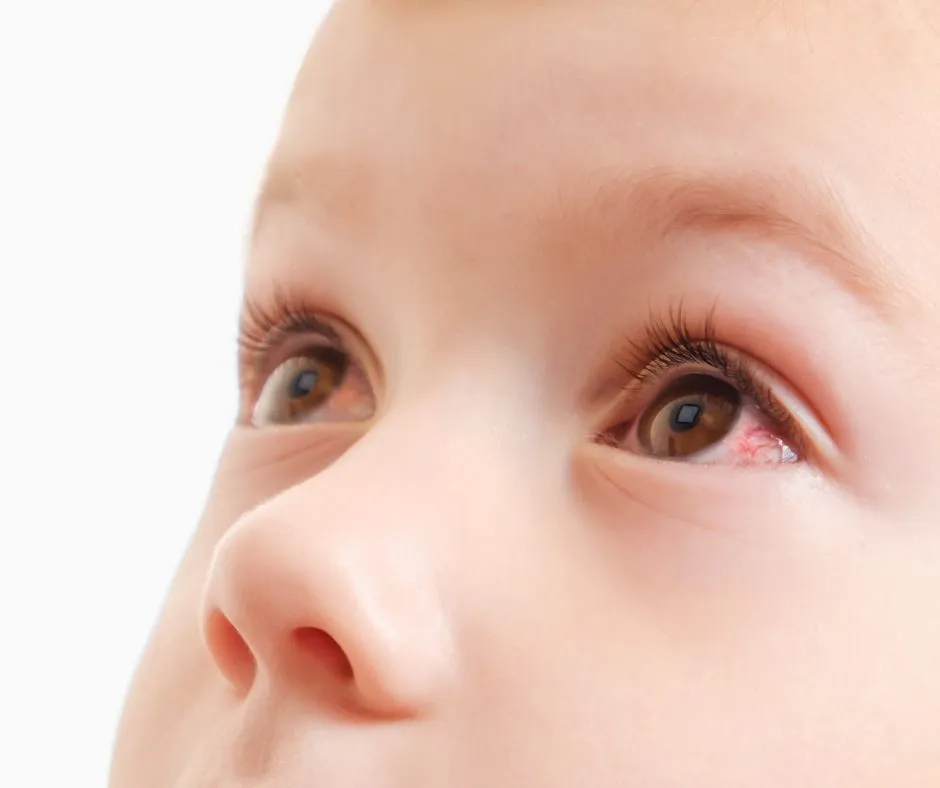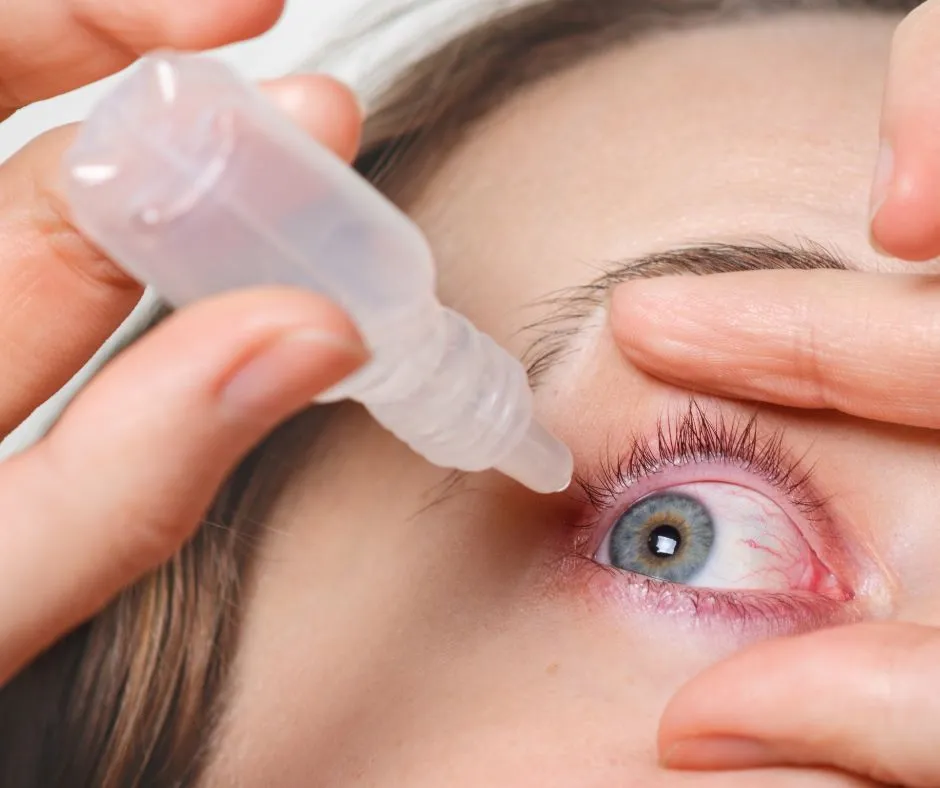Pink eye, medically known as conjunctivitis, is a common eye condition affecting millions of Americans yearly. It can be caused by various factors, including allergies, viruses, bacteria, and irritant exposure. In this article, we will explore the differences between pink eye and allergies, how it affects children when to consult a doctor, whether it is safe to work with pink eye, and the possibility of contracting it from pets, particularly dogs.
Table of Contents
Toggle1. Pink Eye vs. Allergies: Differentiating the Causes
Pink eyes and allergies share similar symptoms, such as red, itchy, and watery eyes. However, it’s essential to understand the key differences to manage and treat them effectively.
Pink Eye: Pink eye can be caused by viruses or bacteria, leading to contagious conjunctivitis. Viral conjunctivitis is highly contagious and may spread through contact with an infected person’s eye secretions.
Allergies: Allergic conjunctivitis, on the other hand, is triggered by allergens like pollen, pet dander, or dust mites. It is not contagious and usually affects both eyes simultaneously.
2. Children’s Pink Eye: Caring for Your Little Ones

Children, especially those in daycare or school settings, are more susceptible to conjunctivitis due to their close contact with other kids and frequent hand-to-eye contact. If your child develops conjunctivitis symptoms, it’s crucial to take prompt action.
Prevention: Encourage your child to practice good hygiene, such as washing hands regularly, not sharing personal items, and avoiding touching their eyes.
Treatment: For viral or bacterial pink eye, consult a paediatrician for appropriate treatment, as they may require antibiotics or antiviral medications. Allergic conjunctivitis can be managed with over-the-counter antihistamine eye drops, but it’s best to consult a healthcare professional to determine the right course of action.
3. Should I Go to the Doctor for conjunctivitis?
Determining whether to seek medical attention for conjunctivitis depends on the cause and severity of the symptoms.
Mild Cases: If your symptoms are mild and consistent with allergic conjunctivitis, use over-the-counter eye drops to relieve discomfort.
Severe Cases: If you experience severe eye pain, vision changes, or light sensitivity, or if your symptoms persist for more than a few days, it’s best to see an eye doctor promptly. They can accurately diagnose the cause of your conjunctivitis and recommend appropriate treatment.
4. Can I Go to Work with Pink Eye?
Whether you can go to work with pink eye depends on the type of conjunctivitis you have.
Viral or Bacterial Pink Eye: If you have viral or bacterial conjunctivitis, it’s best to stay home from work until your symptoms improve or until you have completed at least 24 hours of antibiotic treatment. This will help prevent the spreading of the infection to your colleagues.
Allergic Pink Eye: Allergic conjunctivitis is not contagious, so you can generally go to work. However, it’s wise to manage your symptoms with eye drops and avoid rubbing your eyes to prevent potential secondary infections.
5. Can You Get Pink Eye from a Dog?
While it is rare, it is possible to contract conjunctivitis from a dog, especially if it has an eye infection.
Zoonotic Transmission: Pink eye that spreads from animals to humans is called zoonotic conjunctivitis. The bacteria or virus responsible for the infection can be transmitted through direct contact with the infected animal’s eye discharge.
Prevention: To reduce the risk of contracting conjunctivitis from a dog, practice good hygiene after handling pets. Wash your hands thoroughly and avoid touching your face, especially your eyes.
Conclusion
Pink eye is a prevalent condition caused by various factors, including allergies, viruses, bacteria, and contact with infected pets. Understanding the differences between conjunctivitis and allergies, seeking timely medical attention, and following proper hygiene practices can help manage and prevent the spread of this uncomfortable condition. If you or your child experience persistent or severe symptoms, it’s crucial to consult an eye care professional for a proper diagnosis and treatment plan.

